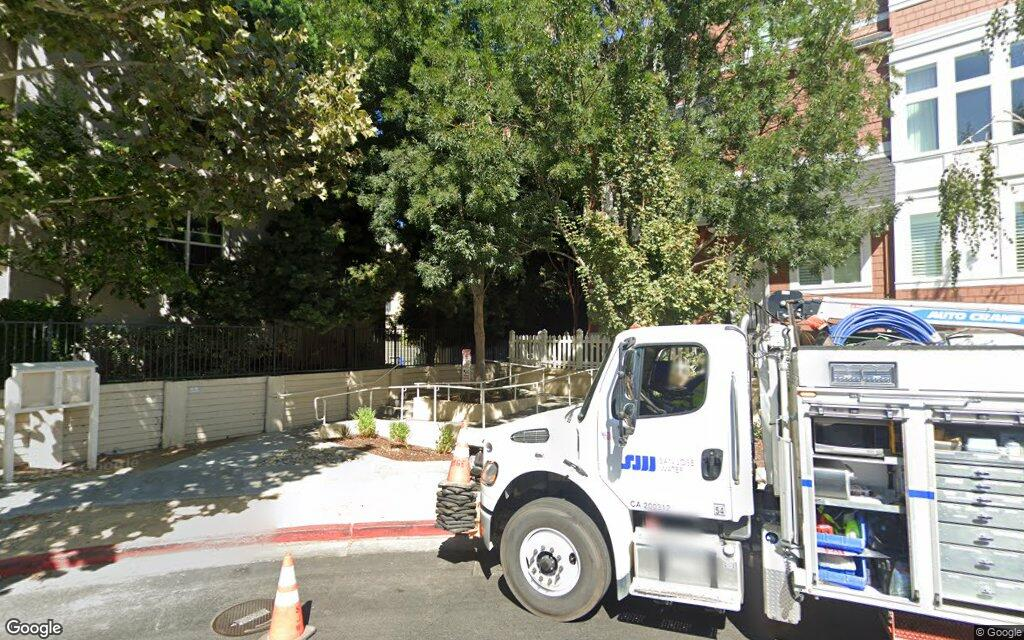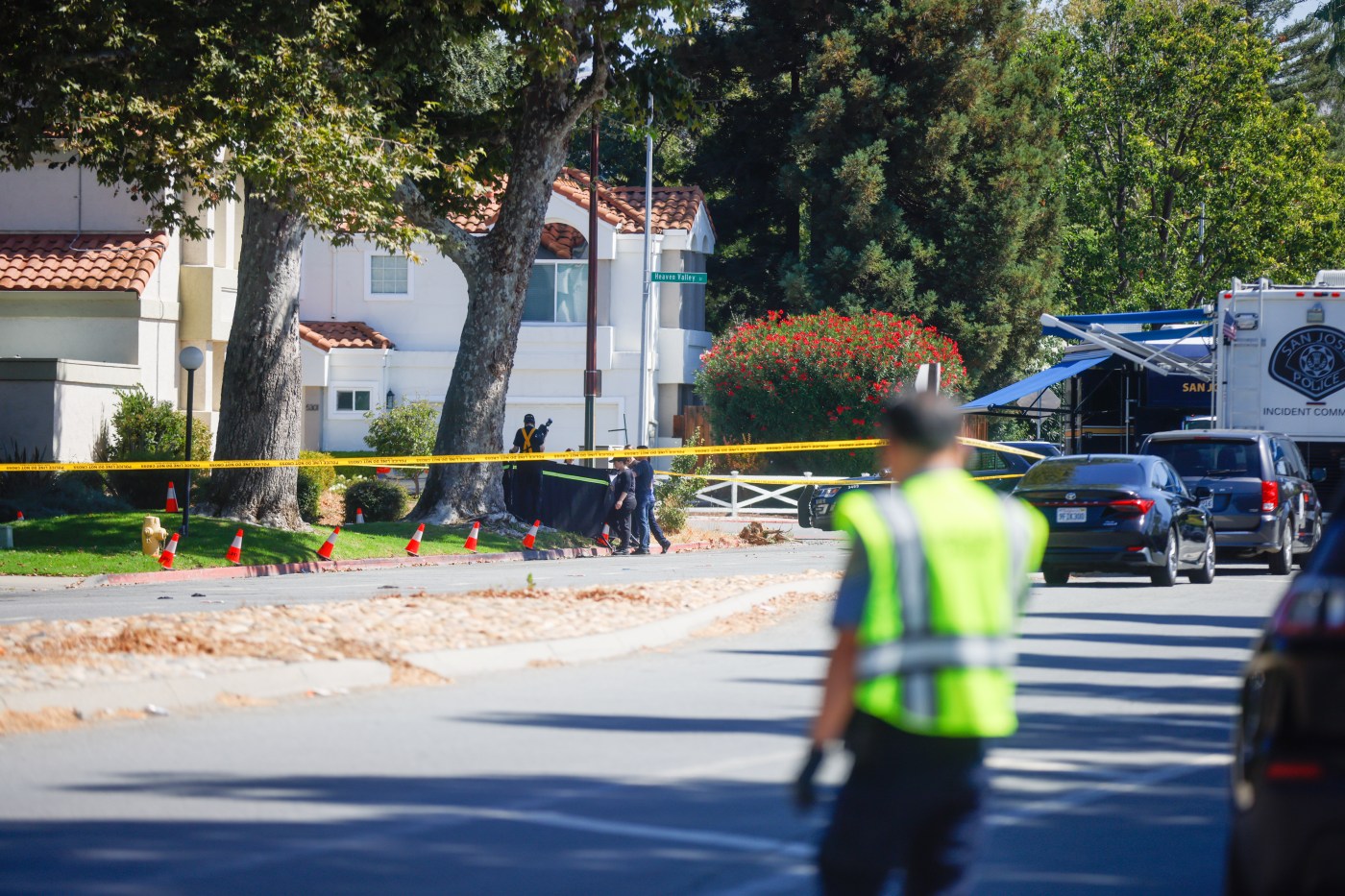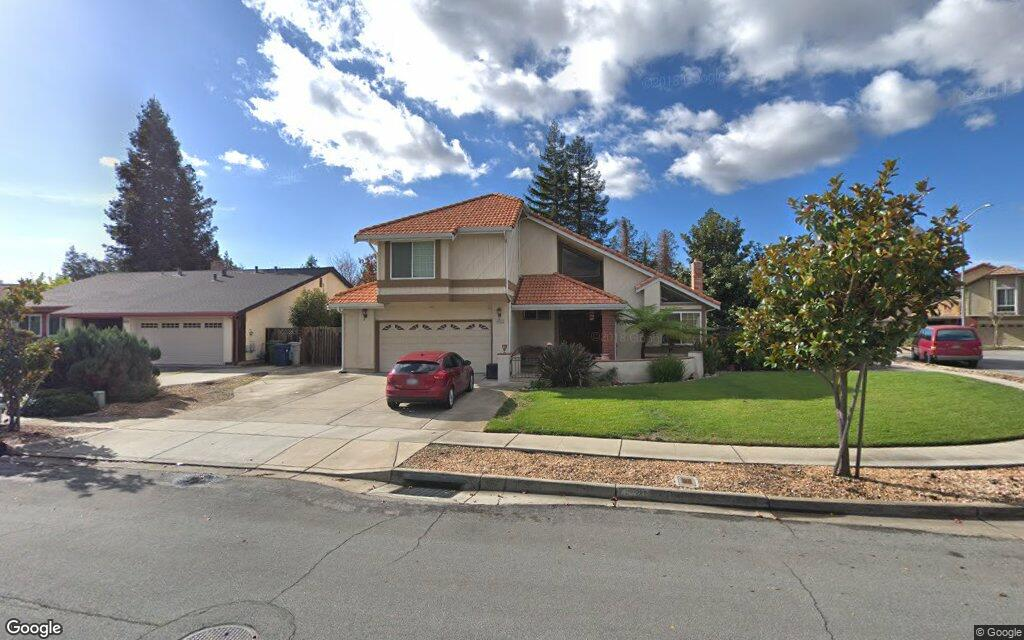SAN SALVADOR, El Salvador (AP/By MEGAN JANETSKY and MARCOS ALEMÁN) — El Salvador’s Legislative Assembly pushed through a constitutional reform overnight eliminating presidential term limits, fueling concerns on Friday that it paves the way for President Nayib Bukele to indefinitely stay in power.
Watchdogs and critics of the self-described “world’s coolest dictator” said they’ve seen this coming for years, watching Bukele’s administration slowly chip away at democratic institutions, attack opponents and consolidate power in the president’s hands.
Bukele, who regularly posts streams of tongue-in-cheek remarks on social media, remained notably silent Friday. His government didn’t respond to multiple requests for comment.
Related Articles
Letters: Bay Area residents should prepare a smoke safety plan
Letters: California must rethink its climate disaster response
Trump administration releases $1 billion in California frozen education funds
Oakland coffee shop owner fires back after DOJ, ADL lawsuits: ‘My words feel small in the rubble of lives lost’
Kamala Harris will not run for governor of California
“It’s not surprising. But that doesn’t mean it’s not severe,” said Claudia Ortiz, one of the country’s few remaining opposition lawmakers. “The implication of this is more concentration of power, more risk of abuse of the rights of Salvadorans … and the complete dismantling of all democratic checks and balances.”
Here’s what happened overnight in El Salvador
On Thursday night, Bukele’s New Ideas party and its allies approved changes to El Salvador’s constitution, which were jammed through Congress by the party’s supermajority.
The changes will:
1. Allow for indefinite presidential reelection, wiping out an existing ban on reelection that Bukele dodged last year when he sought reelection. 2. Extend presidential terms to six years from five. 3. Eliminate the second round of elections, where the two top vote-getters from the first round face off.
The vote passed with 57 in favor and three opposed.
Damian Merlo, a U.S. lobbyist and consultant hired by Bukele’s administration, defended the changes, noting that many European countries don’t have term limits, and said the move only gives Bukele the option of reelection, not an automatic extension of his mandate.
“It’s up to the people to decide who the leader will be,” Merlo said. “It’s been made very clear by the electorate they are very happy with the president and his political party — and this move represents the will of the people of El Salvador.”
Why watchdogs aren’t surprised
Ortiz, the opposition congresswoman, called the defense “absurd,” and said that Merlo was citing countries — Germany and France — with democratic systems of government answering to the countries’ parliaments. In El Salvador, power is now entirely concentrated in the hands of Bukele, she said.
Bukele, 44, was first elected president in 2019 after founding the New Ideas party, casting aside the country’s traditional parties thoroughly discredited by corruption and lack of results. Bukele’s highly controlled messaging of beating back the country’s gangs and rooting out corruption have gained traction in El Salvador, especially as homicide rates have sharply dropped.
But critics say many of the moves he has justified as tackling corruption and violence have actually whittled away at the country’s democracy.
Over the years, his attacks on opponents and critics have gradually escalated. In recent months, things have come to a head as Bukele has grown emboldened by his new alliance with U.S. President Donald Trump. A number of high profile arrests and a slew of other actions have forced more than 100 members of civil society — lawyers, activists and journalists — to flee their country as political exiles in the span of months.
A look back at some of the actions he’s taken
4. 2020: Bukele showed up to the country’s Legislative Assembly with armed soldiers to pressure lawmakers to approve one of his proposals. 5. 2021: a newly elected legislature controlled by his party purged the country’s courts, including the Supreme Court. The lawmakers stacked the courts with loyalists. 6. 2022: Bukele announced a “state of emergency” to beat back El Salvador’s gangs. The move suspended some constitutional rights, and has allowed the government to arrest 86,000 Salvadorans — more than 1% of the country’s population — with little evidence. Detainees held in prisons have little access to due process. The government also passed an elections redistricting law that critics said would stack elections in favor of Bukele’s party, which was already very popular. 7. 2023: Bukele opened a mega-prison for gangs, known as the Terrorism Confinement Center, where Venezuelan deportees from the United States were detained for months this year. The prison has been the source of accusations of mass human rights abuses. 8. 2024: Bukele sought reelection, despite El Salvador’s constitution clearly blocking consecutive presidential terms. In an interview with The Associated Press, the country’s vice president denied last year that El Salvador had become a police state and refused to answer questions about whether he and Bukele would seek a third term. Following his landslide victory, Bukele railed against critics and press.
Intensifying his crackdown in 2025
This year, watchdogs have warned that Bukele has ramped up his crackdown on dissent, emboldened by his new alliance with Trump.
9. In May, police violently repressed a peaceful protest near Bukele’s house asking the president for help in stopping the eviction of their rural community. 10. Shortly after, the government announced it was passing a “foreign agents” law, similar to those used by governments in Russia, Venezuela, Nicaragua and Belarus to silence dissent by exerting pressure on organizations that rely on overseas funding. 11. Police have arrested a number of high profile critics. Among them was Ruth López, an anti-corruption lawyer for a top human rights organization. At a court appearance in June, a shackled López escorted by police shouted: “They’re not going to silence me, I want a public trial. … I’m a political prisoner.” The government also arrested prominent constitutional lawyer Enrique Anaya after he called Bukele a “dictator” and a “despot” on live TV. 12. In July, López’s organization Cristosal announced it was evacuating all staff from El Salvador in the face of intensifying repression. It comes amid a flight of critics and other civil society leaders.
What critics are saying
The recent constitutional reform has fueled a new wave of criticism by civil society in the Central American nation, with leaders saying that Bukele’s government has finally done away with one of its last democratic norms.
Roxana Cardona, a lawyer and spokeswoman for the Movement of Social Justice and Citizen Control, said “a democratic state has been transformed into an autocracy.” Cardona was among those to provide legal representation for Venezuelans detained in El Salvador and other Salvadoran youth accused of being gang members.
“Today, democracy has died. A technocracy has been born. Today, we live in a dictatorship,” she said.
Others, like human rights lawyer Jayme Magaña, said the idea of alternating power, crucial in a country that still has decades of civil war and dictatorships of the past simmering in its recent memory, has been broken. Magaña said she worried for the future.
“The more changes are made to the system of government, the more we see the state’s repression of the Salvadoran population intensifying,” she said.
___
Janetsky reported from Mexico City.





